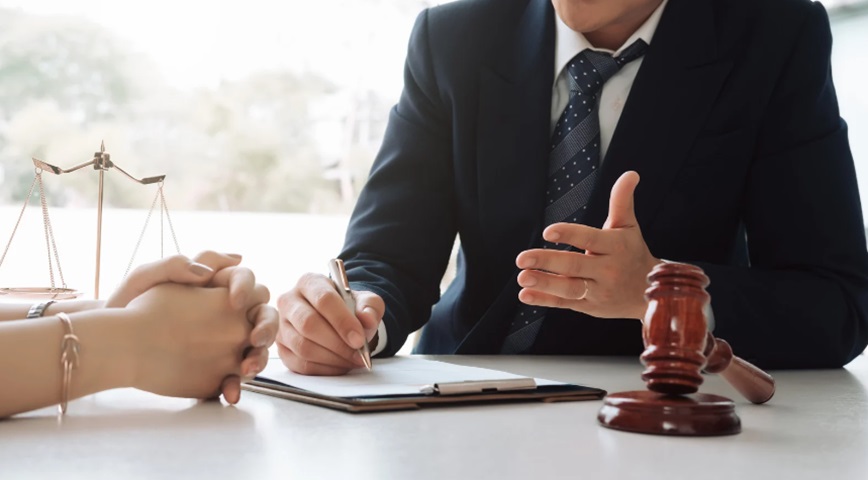In the complex landscape of the criminal justice system, securing early legal representation can significantly influence the outcome of a case. Engaging with a knowledgeable criminal defense lawyer in Minneapolis at the earliest opportunity can provide a strategic advantage, allowing for a robust defense to be formulated from the outset. This article explores the critical importance of early legal intervention and how it shapes the trajectory of a criminal case.
The Benefits of Early Representation
One of the primary benefits of securing legal representation early in a criminal case is the ability to manage the investigation process. A defense lawyer can proactively engage with law enforcement, potentially influencing how evidence is collected and interpreted. This involvement can prevent misunderstandings and ensure that a defendant’s rights are protected from the very beginning.
Preservation of Evidence
Early intervention allows defense lawyers to gather and preserve crucial evidence that may otherwise be overlooked or lost over time. This includes securing witness statements while memories are fresh and collecting physical evidence that may deteriorate. A comprehensive approach to evidence collection strengthens the defense’s ability to challenge the prosecution’s case.
Building a Strong Defense Strategy
Developing a defense strategy early in the process is essential for identifying the best legal avenues to pursue. By understanding the charges and potential consequences, defense lawyers can begin crafting a narrative that supports their client’s innocence or mitigates their culpability. This early groundwork is foundational to a successful defense, whether it involves negotiating plea deals or preparing for trial.
Navigating Legal Complexities
The legal system is fraught with complexities that can be daunting for individuals without legal expertise. Early engagement with a defense lawyer ensures that defendants receive timely advice on legal procedures and their rights. This guidance is crucial in making informed decisions and avoiding pitfalls that could adversely affect the case outcome.
The Role of Expert Witnesses
In many criminal defense cases, expert witnesses play a pivotal role in interpreting evidence and providing testimony that can sway a verdict. Understanding the importance of expert witnesses in criminal defense cases is crucial for any defense strategy. Early representation allows lawyers to identify and engage these experts, integrating their insights into the defense plan effectively.
Mitigating Potential Consequences
Early representation also allows defense lawyers to explore opportunities for mitigating potential legal consequences. This might involve negotiating with prosecutors for reduced charges or alternative sentencing options. By proactively addressing these issues, defense attorneys can strive to reduce the impact of legal proceedings on their clients’ lives.
Conclusion
Securing early legal representation is a strategic decision that can significantly affect the outcome of a criminal case. From preserving evidence and building a solid defense to navigating legal complexities and engaging expert witnesses, the benefits of having a skilled defense lawyer from the outset are immense. As the criminal justice landscape continues to evolve, the role of early legal intervention becomes even more critical in ensuring justice and protecting individual rights.
Frequently Asked Questions
1. How soon should one seek a defense lawyer after an arrest?
It is advisable to seek legal representation as soon as possible after an arrest to ensure that your rights are protected and to begin building a defense strategy immediately.
2. Can early legal representation impact the length of a criminal case?
Yes, early legal representation can potentially shorten the length of a case by facilitating negotiations and addressing issues promptly, which may lead to early resolutions.
3. What are the risks of delaying legal representation in a criminal case?
Delaying legal representation can result in missed opportunities for evidence collection, misunderstandings of legal processes, and less favorable negotiations with prosecutors.

